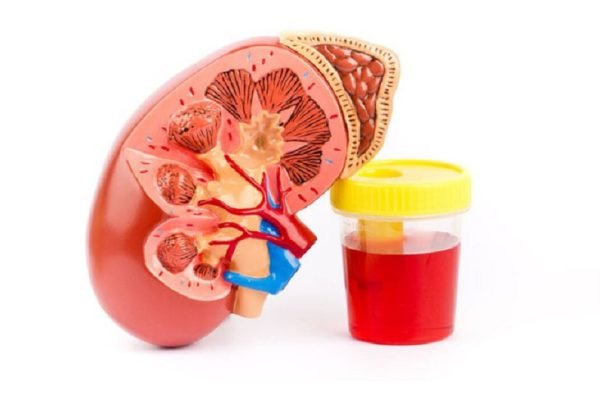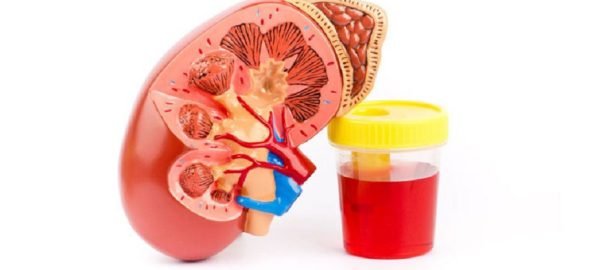In the medical area, hematuria is the presence of blood in the urine. According to Nephrologist in Delhi, there are two types of hematuria that are:
- Macroscopic hematuria: when blood is visible in the urine, changing its color to a reddish or brown one, or, when blood stains are observed during grooming.
- Microscopic hematuria- this case can only be detected by a urinalysis.
In both types, the presence of blood indicates that the person may have conditions in the kidneys or urinary tract.
Causes for blood to be in the urine
There are several factors by which blood reaches the urinary tract and becomes hematuria. The most common causes are:
- Inflammation and infection in the kidneys
- Lesions and inflammation in the urinary tract.
- Polycystic kidney disease.
- Immune system conditions (lupus, etc.)
- Disease of red blood cells that favor their destruction.
It also mentions the reasons that make a person more likely to suffer from hematuria and include:
- Family diseases of the kidneys.
- Enlarged prostate in men.
- Having had kidney stones.
- The consumption of medications such as analgesics, anticoagulants and antibiotics.
- Have had recent infections.
Symptoms of hematuria
Dr Vinant Bhargava indicates that usually the presence of blood droplets is already a sign of macroscopic hematuria; however, we must be aware of the appearance of:
- Blood clots in the urine.
- Pain in the bladder or back.
Another important alteration of the functioning of the kidneys: foamy urine
One of the main functions that the kidneys have in the body is to filter and purify the blood. Through urine, many toxins and excess fluids are eliminated from the body; however, when we observe foamy or bubbling urine, we must be alert and investigate if there is protein loss in the urine. If you have noticed this alteration, it is very important to visit the nephrologist who will perform the necessary tests to determine if this problem exists and thus treat it immediately so that it does not generate serious consequences.
How is hematuria treated?
If you have presented these alterations and your nephrologist has diagnosed you with hematuria, it is important to identify the site of origin of this and that can be in the kidney, bladder, prostate or urinary tract. The tests to which patients are subjected in this case are:
- Review of medical history
- Physical exam
- Urinalysis
- Other tests
At Sir Ganga Ram Hospital, Dr Vinant Bhargava has several years of experience in the treatment of hematuria. She will help you detect this medical picture and will assist you in your recovery so that you can have a good functioning of the kidneys, in addition to avoiding kidney failure.


